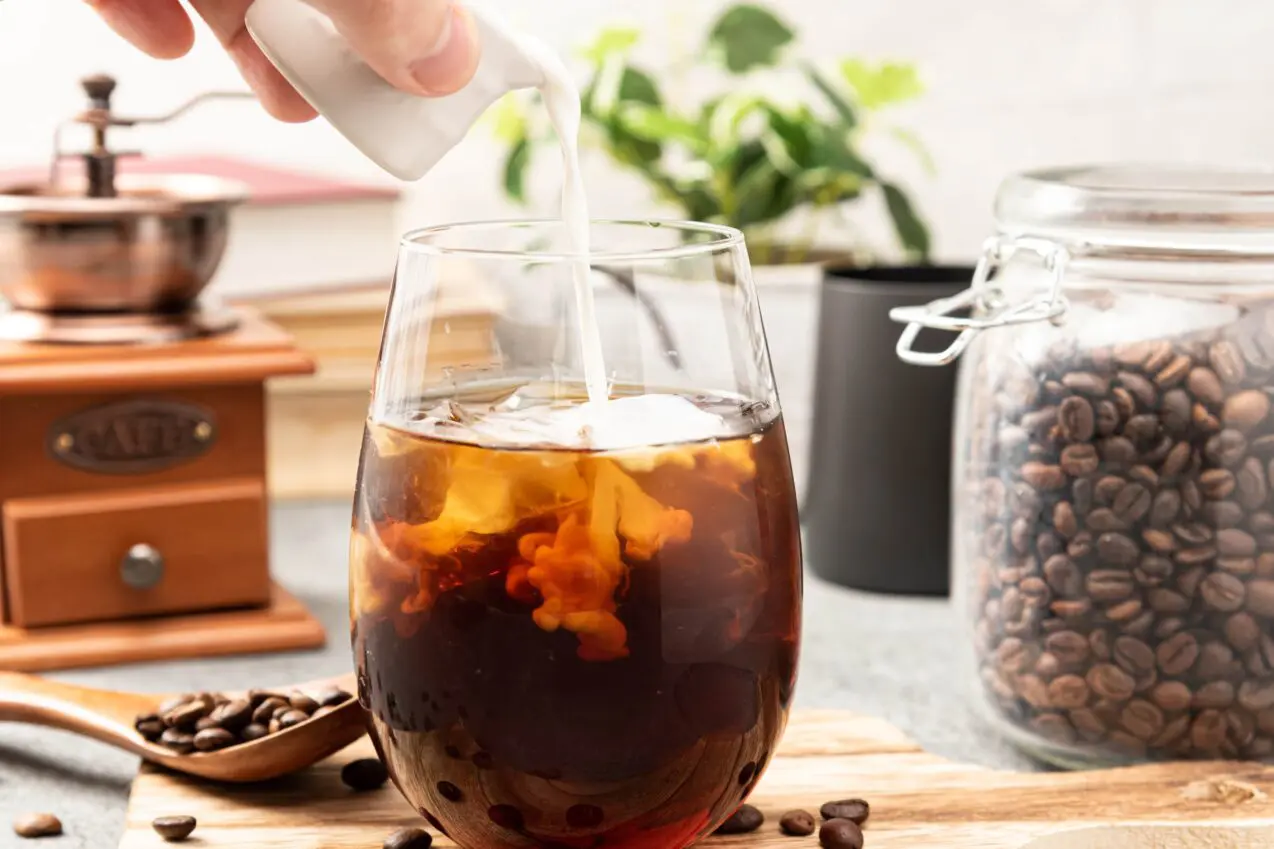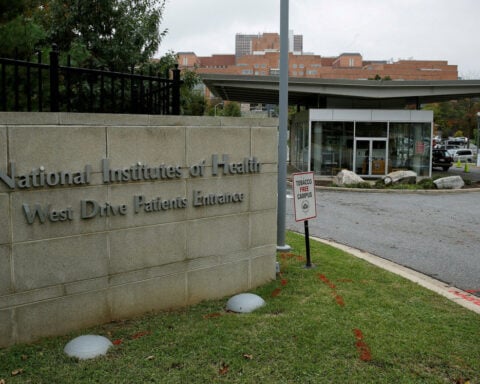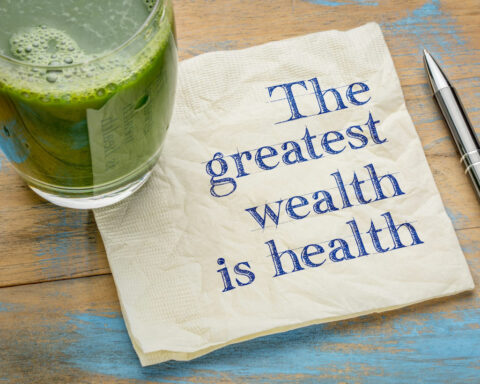Regular consumption of cow's milk may increase women's risk of developing ischemic heart disease, according to a comprehensive study published in BMC Medicine. The research reveals a gender-specific correlation between dairy intake and cardiovascular health.
Swedish researchers at Uppsala University analyzed data from approximately 100,000 participants, including 60,000 women and 40,000 men, to examine the relationship between milk consumption and heart disease risk. The findings indicate that women who consume 400 milliliters of milk daily face a 5% higher risk of developing ischemic heart disease, while those drinking 800 milliliters experience a 21% increase in risk.
"A healthy diet is essential for the prevention of cardiovascular diseases," said lead researcher Professor Karl Michaëlsson of Uppsala University. "Our analysis supports an association between milk intake higher than 300 milliliters per day and higher rates of ischemic heart disease, and myocardial infarction (heart attack) specifically, in women, but not in men."
The study suggests that lactose in milk may trigger inflammation, potentially leading to arterial damage. Ischemic heart disease, also known as coronary artery disease, occurs when arteries narrow, restricting blood flow and oxygen supply to the heart muscle.
The research team found that the fat content of milk did not influence the outcomes. "The higher risk in women was evident irrespective of the fat content of the milk," Professor Michaëlsson noted. He added that "replacing non-fermented milk with moderate fermented milk intake could lower the risks."
Plant-based alternatives present viable options for those seeking to reduce their dairy intake. Popular substitutes include soy milk, almond milk, and oat milk varieties. These alternatives have gained increasing market share as milk consumption in the United States continues its decades-long decline.
U.S. Department of Agriculture data indicates that average daily milk consumption among Americans has dropped to 0.33 cups as of 2018, marking a significant decrease since the 1940s. This trend aligns with growing consumer interest in dairy alternatives and increased awareness of dietary impacts on health.

 Trump has begun another trade war. Here's a timeline of how we got here
Trump has begun another trade war. Here's a timeline of how we got here
 Canada's leader laments lost friendship with US in town that sheltered stranded Americans after 9/11
Canada's leader laments lost friendship with US in town that sheltered stranded Americans after 9/11
 Chinese EV giant BYD's fourth-quarter profit leaps 73%
Chinese EV giant BYD's fourth-quarter profit leaps 73%
 You're an American in another land? Prepare to talk about the why and how of Trump 2.0
You're an American in another land? Prepare to talk about the why and how of Trump 2.0
 Chalk talk: Star power, top teams and No. 5 seeds headline the women's March Madness Sweet 16
Chalk talk: Star power, top teams and No. 5 seeds headline the women's March Madness Sweet 16
 Purdue returns to Sweet 16 with 76-62 win over McNeese in March Madness
Purdue returns to Sweet 16 with 76-62 win over McNeese in March Madness








